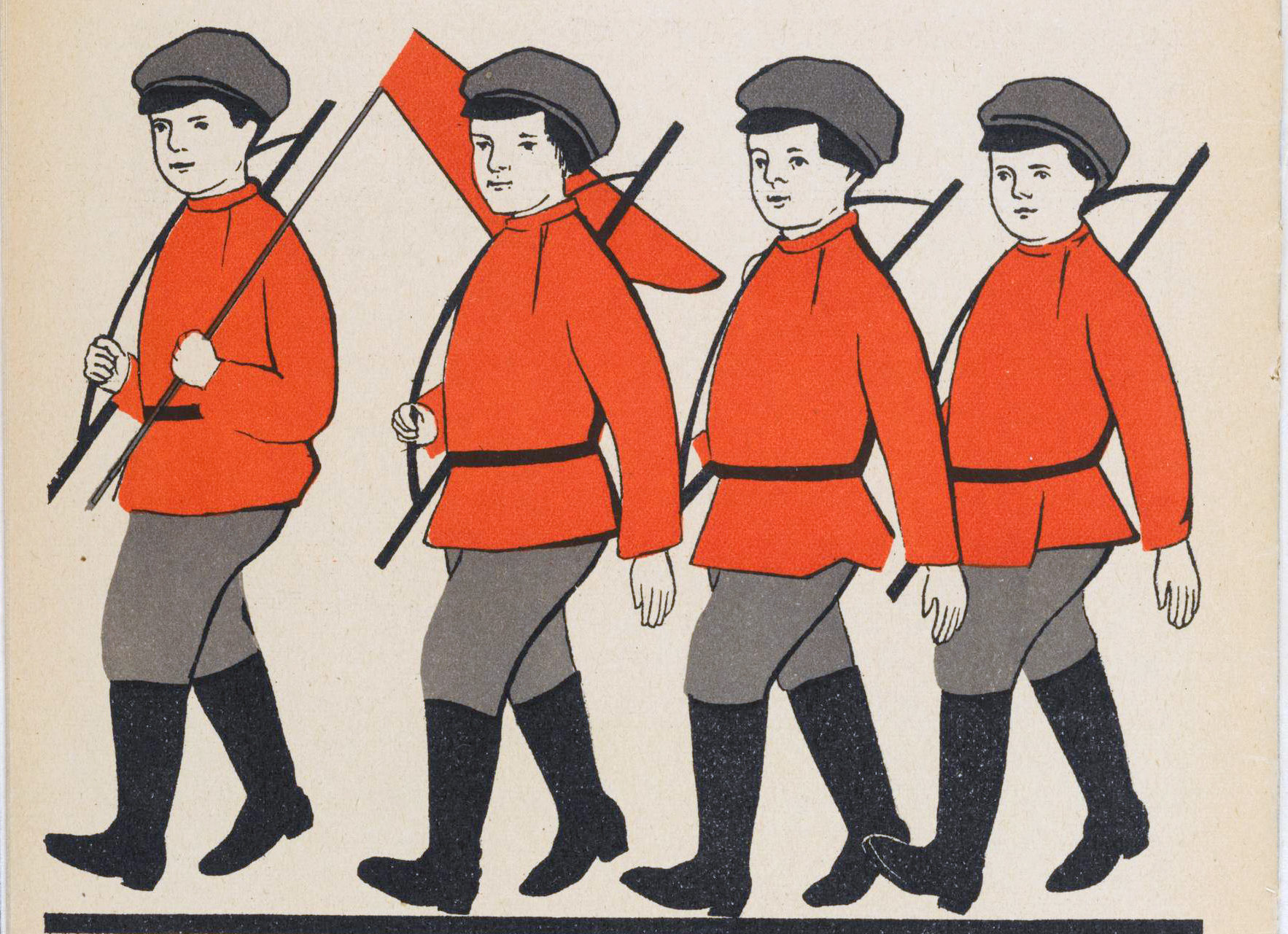 How do you teach children lessons in political economy? And how do you teach them to prefer trains to camels, modernization to menageries? My paper considers Viktor Shklovsky’s Turksib (1930), a children’s book devoted to the construction of the Turkestan-Siberian Railway.
How do you teach children lessons in political economy? And how do you teach them to prefer trains to camels, modernization to menageries? My paper considers Viktor Shklovsky’s Turksib (1930), a children’s book devoted to the construction of the Turkestan-Siberian Railway.
Turksib is an adventure tale of commodities; a geography lesson; and a travelogue replete with signs of the past and future, and of local dramas generated by the narrative motor of uneven development. Shklovsky’sTurksib participated in a kind of a total Soviet media-campaign, and exemplified how Soviet cultural producers thought through the relationship between vision and modernity in the face of developmental unevenness.
My paper will consider Shklovsky’s work on its own formal terms, but also in conjunction with other cultural products, chief among them Viktor Turin’s film Turksib (1929) and travelogues and travel films to Central Asia during the period.

